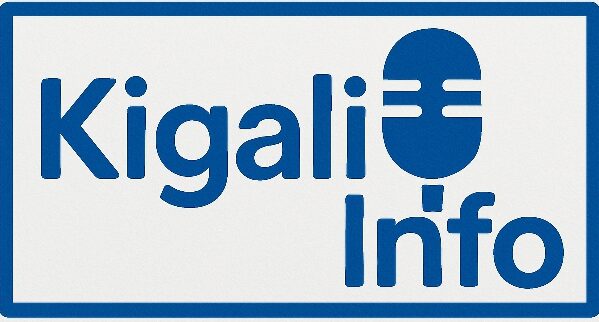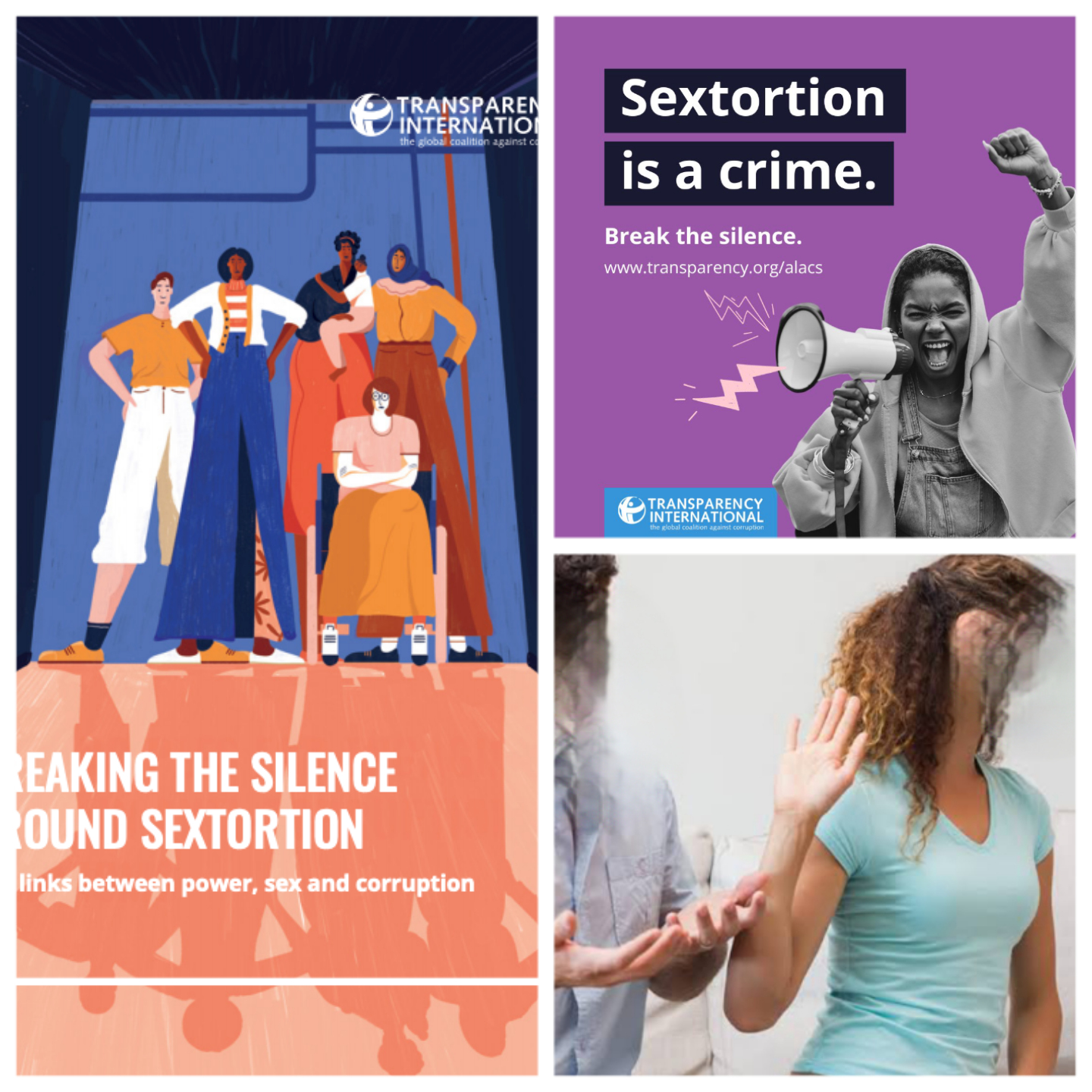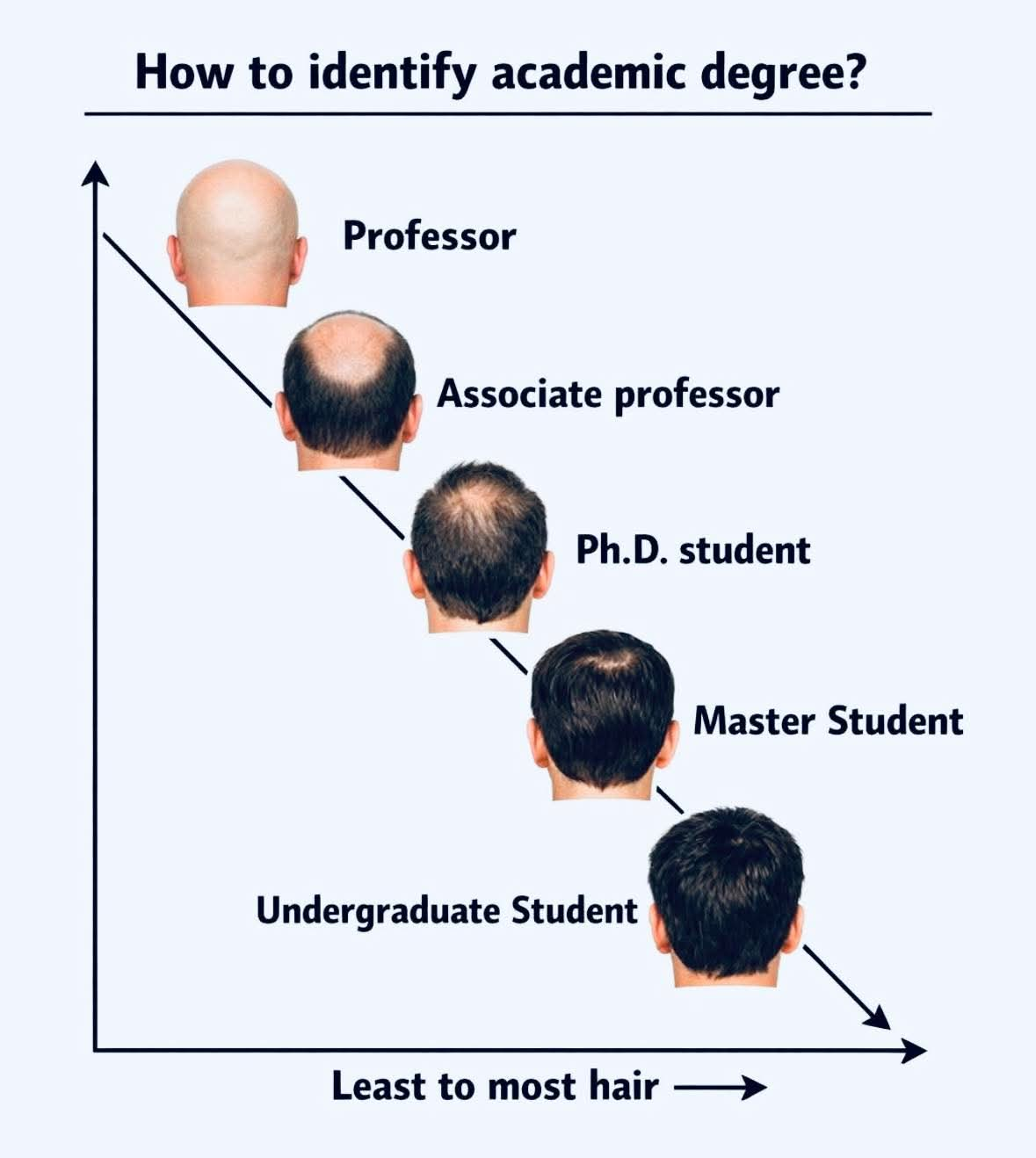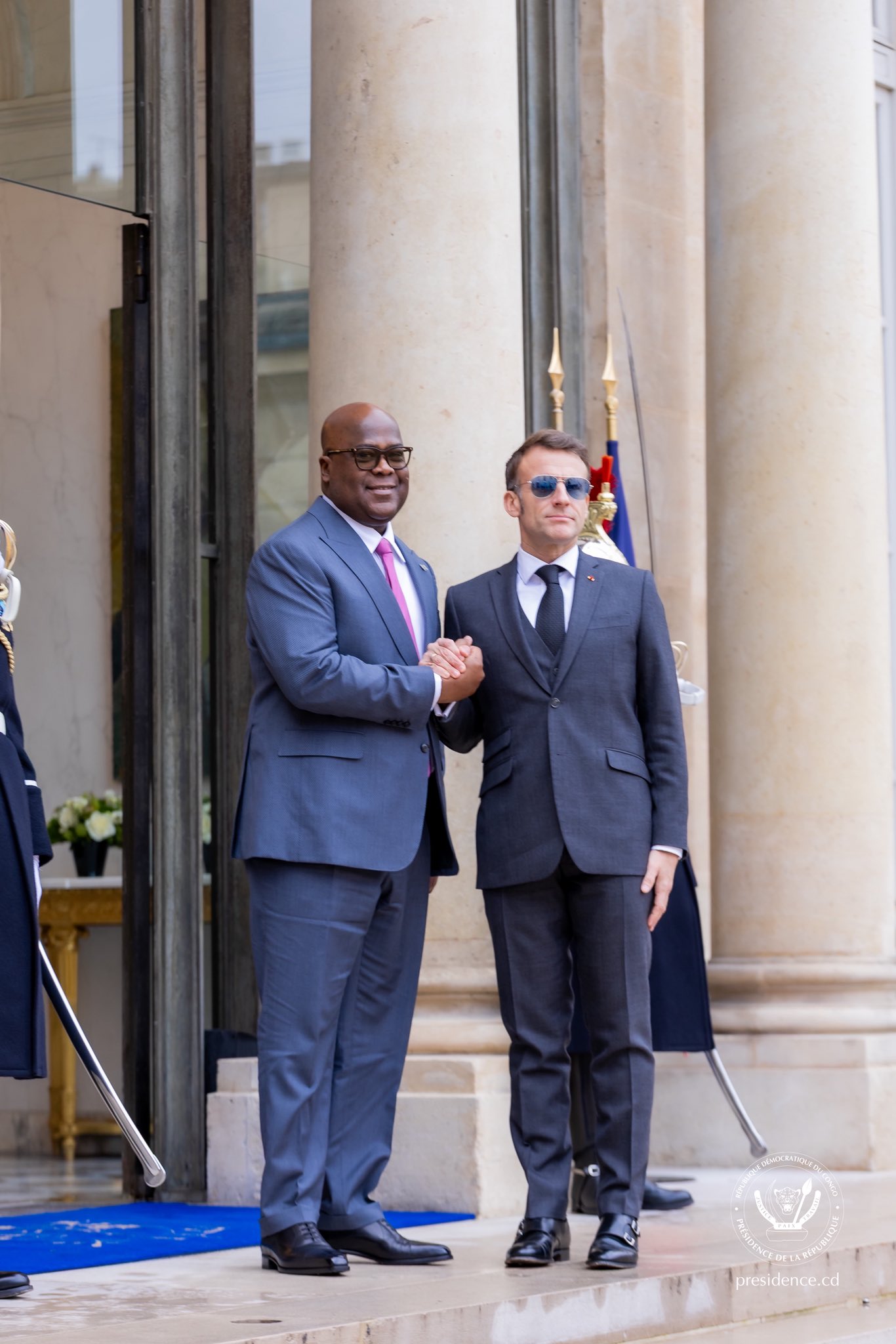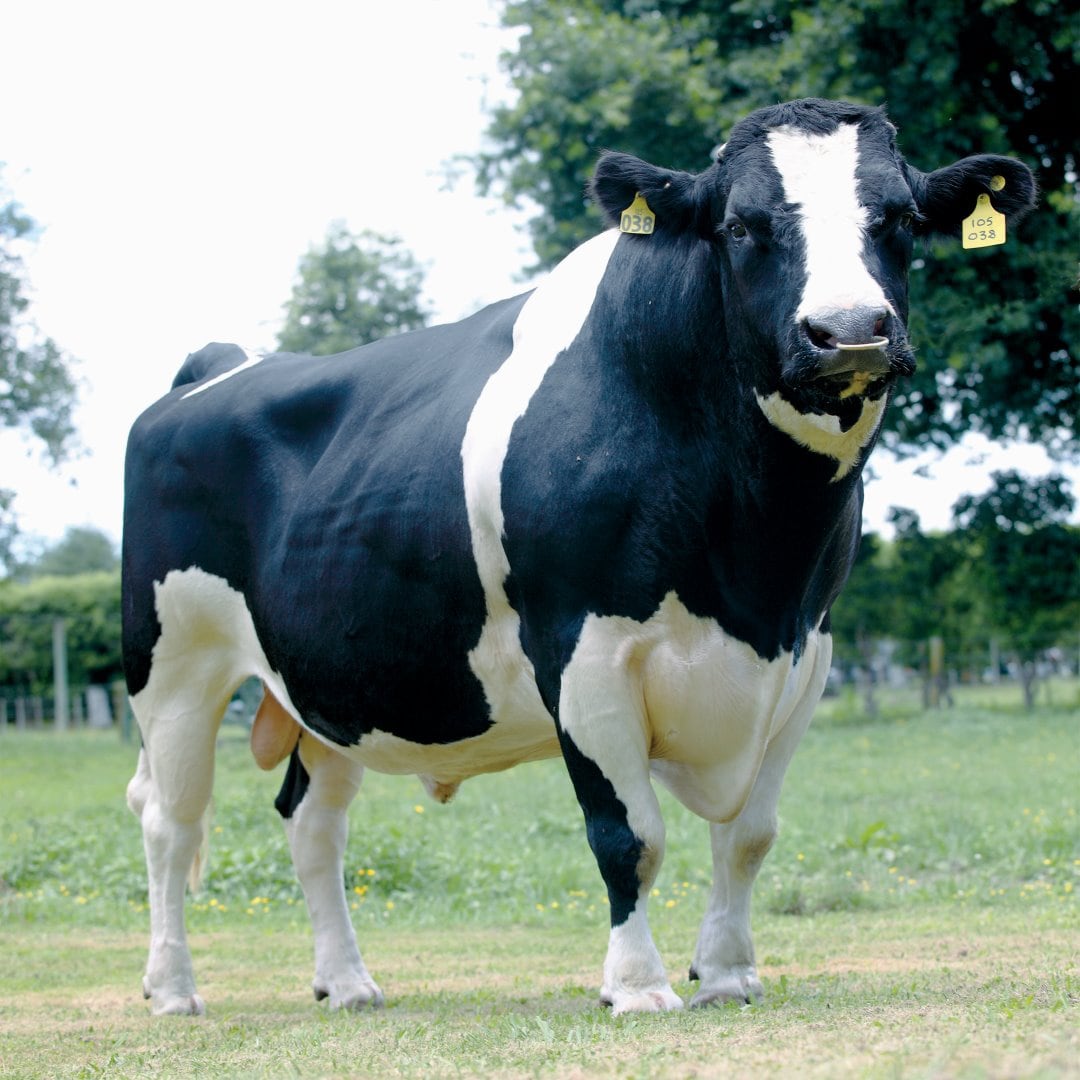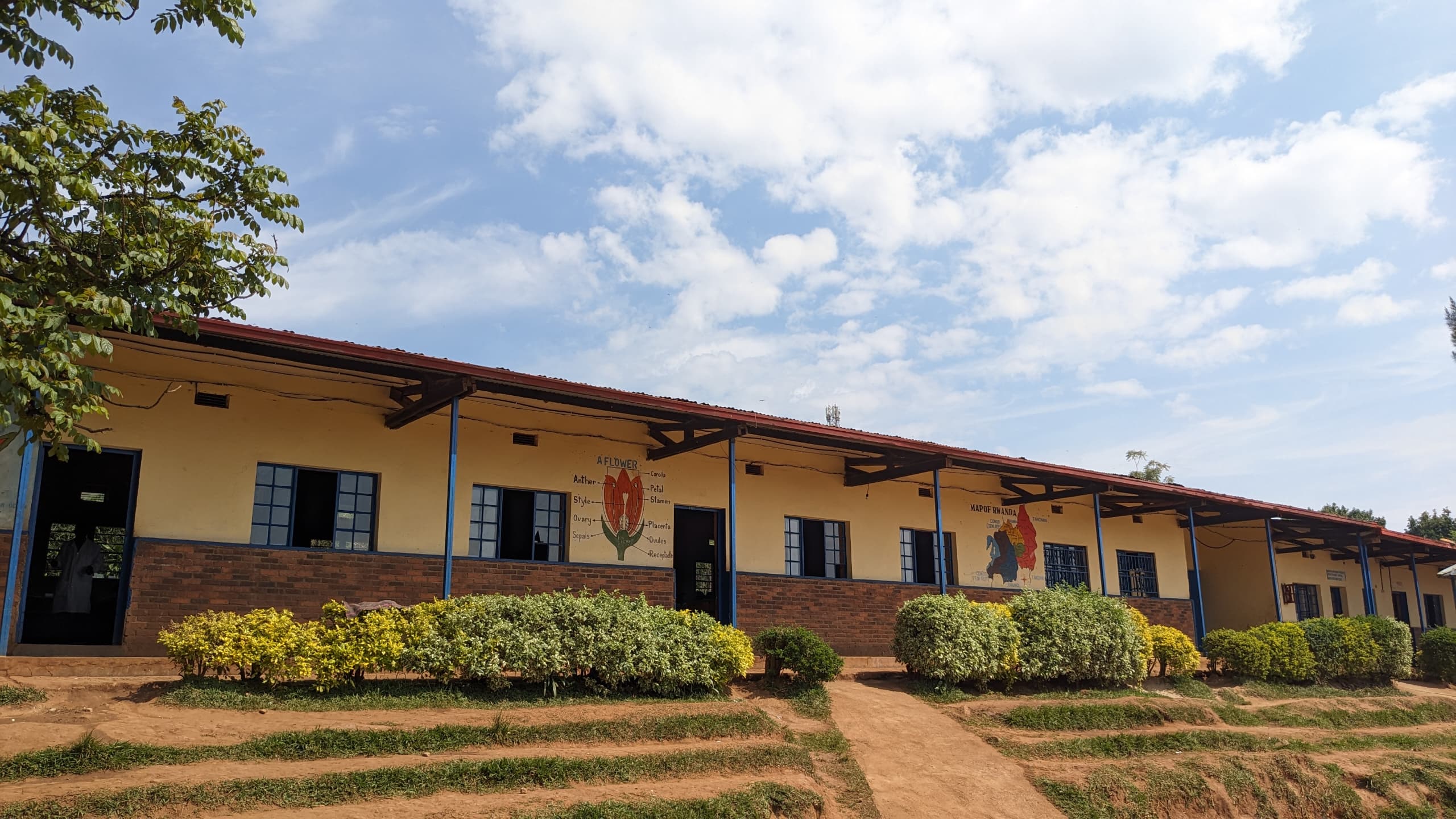
The idea of establishing preschools came up to them in September 1988, after observing that parents were going to farm with children, working alongside them but leaving before the day’s work was complete because the children were disturbing them.
Elina Niyonteze, 66 years old, and her 12 colleagues founded a preschool in Gihara, Runda sector of Kamonyi District.
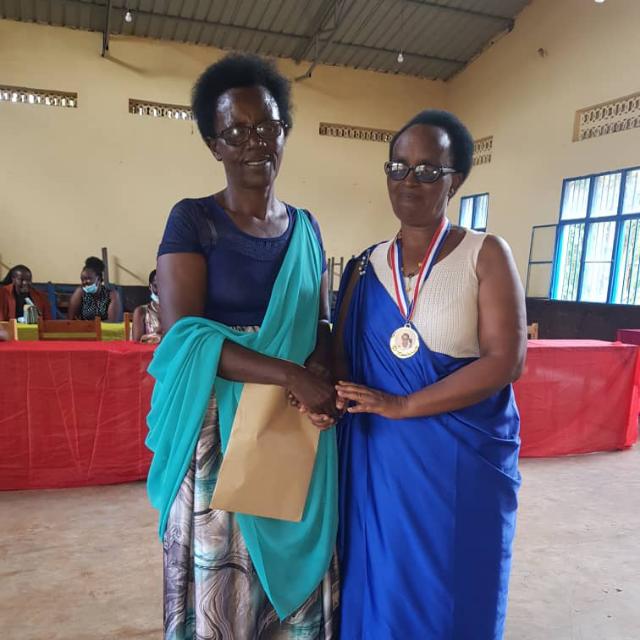
Later on, in 1992, they established another one in Runda, supported by their group called Abajyinama, which helped them save and lend money to each other.
The Abajyinama group is now proud that their idea of establishing early childhood education has become a national program implemented throughout the country.
Niyonteze, who had been in education for 10 years by that time, recalls that before 1988, the only preschools in Rwanda were the Belgian School (Ecole Belge) in Kigali, APACOPE (in Muhima), and CARAFAGE (in Muhanga). These schools were not accessible to every child in the country and were managed by the Ministry of Health.
She explains that at the beginning, they taught children in their homes, paying teachers to help, until a project supported by the Rwandan government and Canada enabled them to build a proper preschool, which was later integrated into Ecole Primaire (EP) to form Groupe Scolaire(GS) Gihara, while the one in Runda was integrated with EP Runda, built thanks to the European Union fund.
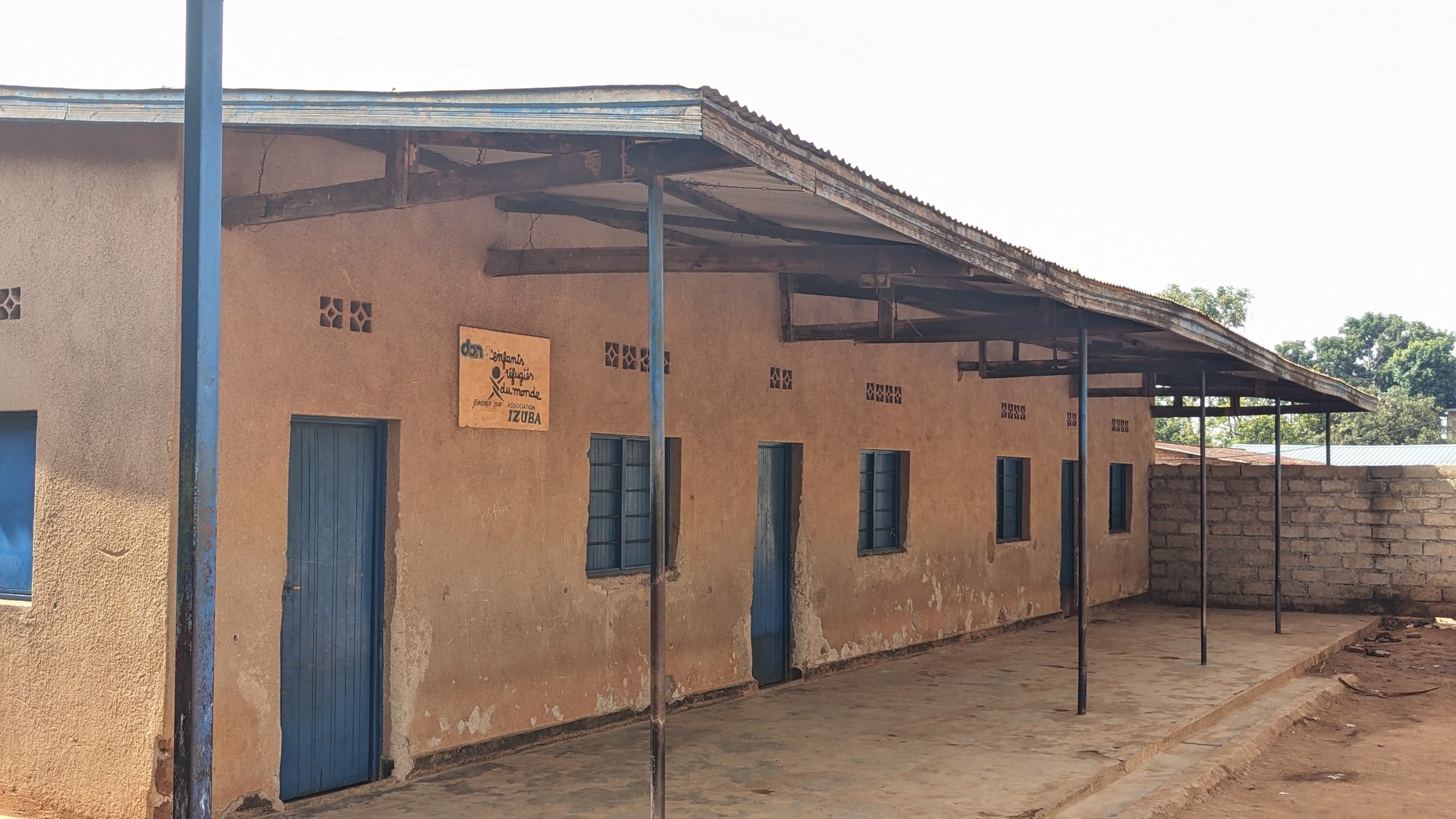
“Parents who used to bring children to start primary school would fight over them, because preschool education made children finish primary school as experts, and they turned out to be doctors, priests, agronomists, and other prominent leaders”, Niyonteze says.
When they began spreading preschools (called Gardienne or Maternelle) across the Runda sector, teachers from their group, including Niyonteze, began traveling around the country to assist in the establishment of these schools.
The Rwanda Nine-Year Basic Education (9YBE) program, launched in 2009, eventually integrated the preschools built by Niyonteze and her colleagues with primary schools and the ordinary level of secondary education, forming large schools called Urwunge rw’Amashuri (GS) Gihara and GS Runda.
Niyonteze mentions that in September 1988, they started with just 17 children in Gihara, and now they have about 458 students. On a national scale, there are currently 4,051 preschools with 1,134,913 children enrolled, according to the 2022/2023 Education Report.
The head of GS Gihara, Françoise Umwali, points out that anyone who wants to understand the importance of preschools should compare the situation before their existence, when children accompanied their parents to gardens, struggled with basic skills, and lacked socialization with peers.
“Preschools stimulate and enhance a child’s cognitive development at an early age, helping them to learn how to socialize with others, and contribute to the improvement of family life. They also help children to start early with listening, speaking, writing, and reading skills”, Umwali says.
Umwali thanks Niyonteze and her colleagues for providing the foundation for preschool education and notes that even in their retirement, they can continue to teach and train new teachers in the profession.
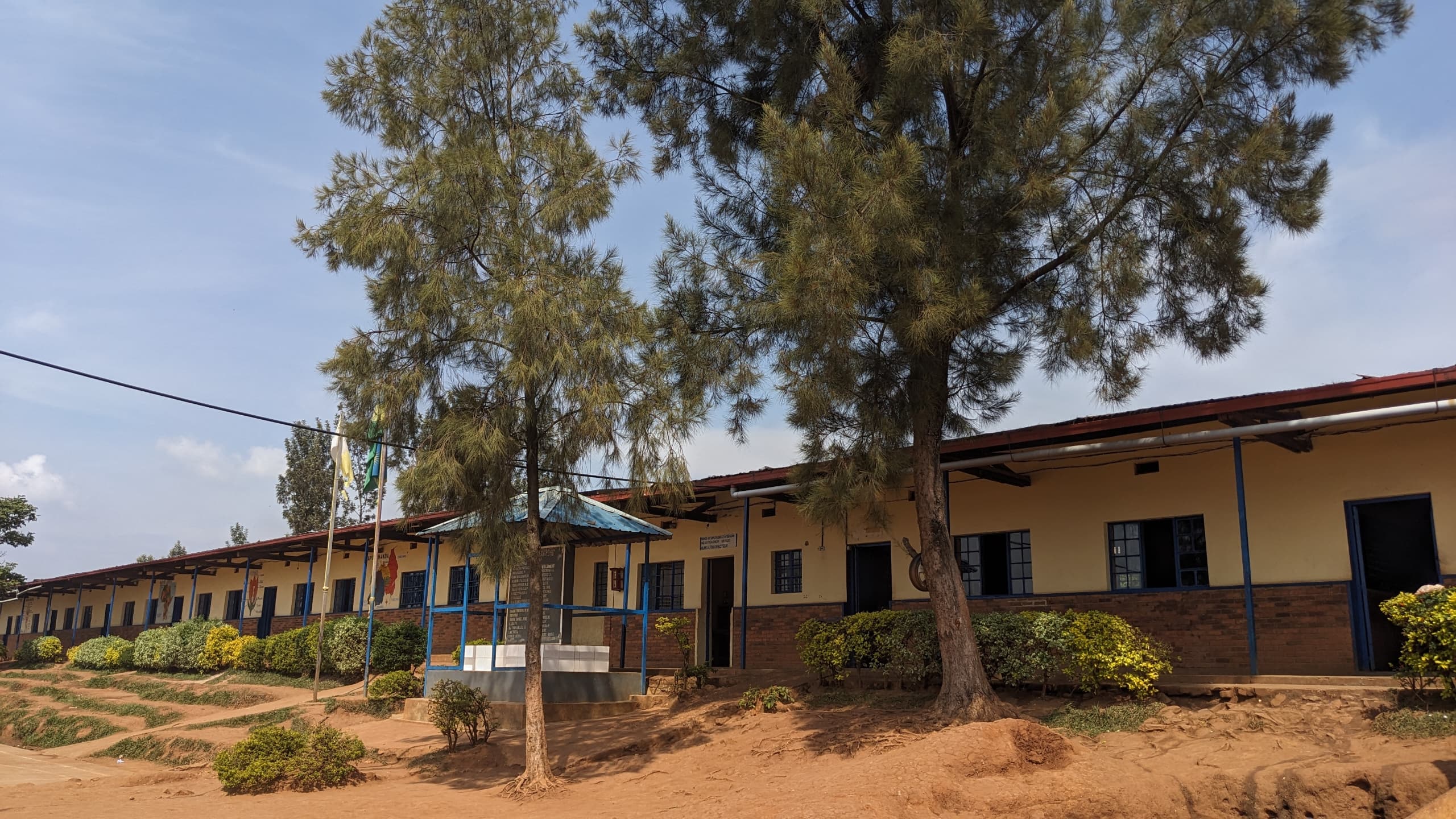
They still dream of establishing more Preschools despite their old age
Niyonteze says that although they donated land for preschools to EPR and Catholic Churches because they had built on their own land, now, six years into their retirement, she and her colleagues still have plans to establish more preschools that are independent of those they had previously created.
They are convinced to continue their savings and loan group, which has now evolved into an organization that supports retired teachers called Abajyinama, which will help them continue contributing to the country’s development.
The Abajyinama group hopes that their savings and loan will help them continue their efforts to start new schools and fund projects that supplement their pension salaries
Niyonteze also mentions that her poultry farming business in Rubona Village, Muganza Cell in Runda Sector, generates more than 100,000 Rwandan Francs per month after expenses, and the mushrooms she grows help provide food for her household.
These retirees, now 48 in total, have united with the goal not only to establish more preschools, but also to continue showing their contribution to national development, including documenting the history of education in Rwanda and providing advice on how things can be done better.
Niyonteze says, “Some say our education system is in crisis, because in the past, private primary schools were for the failed children, but today the situation is different.”
Sylvain Mudahinyuka, the Deputy Legal Representative of the Abajyinama organization, says that in addition to helping them come out of isolation, they plan to train young teachers and even offer advice to cooperatives, on how to better manage their businesses.
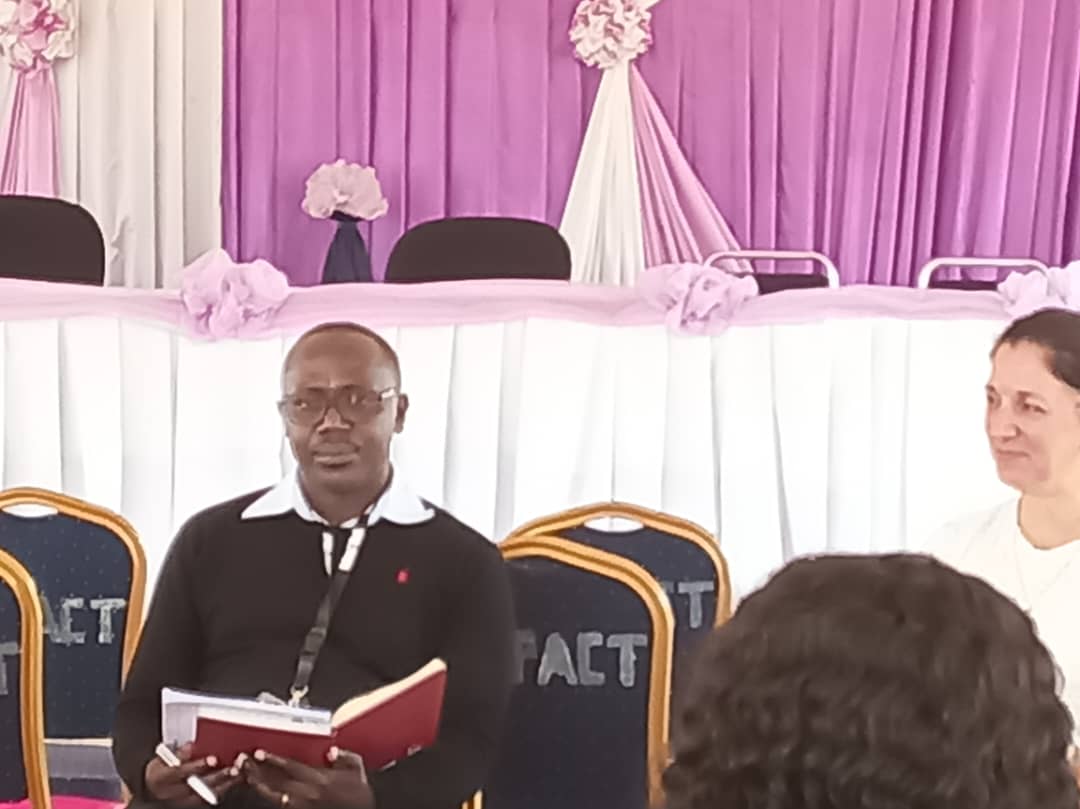
Mudahinyuka mentions that retired teachers, who were once professionals, could start training those still in the profession, while those who were experts in business could advise cooperatives.
